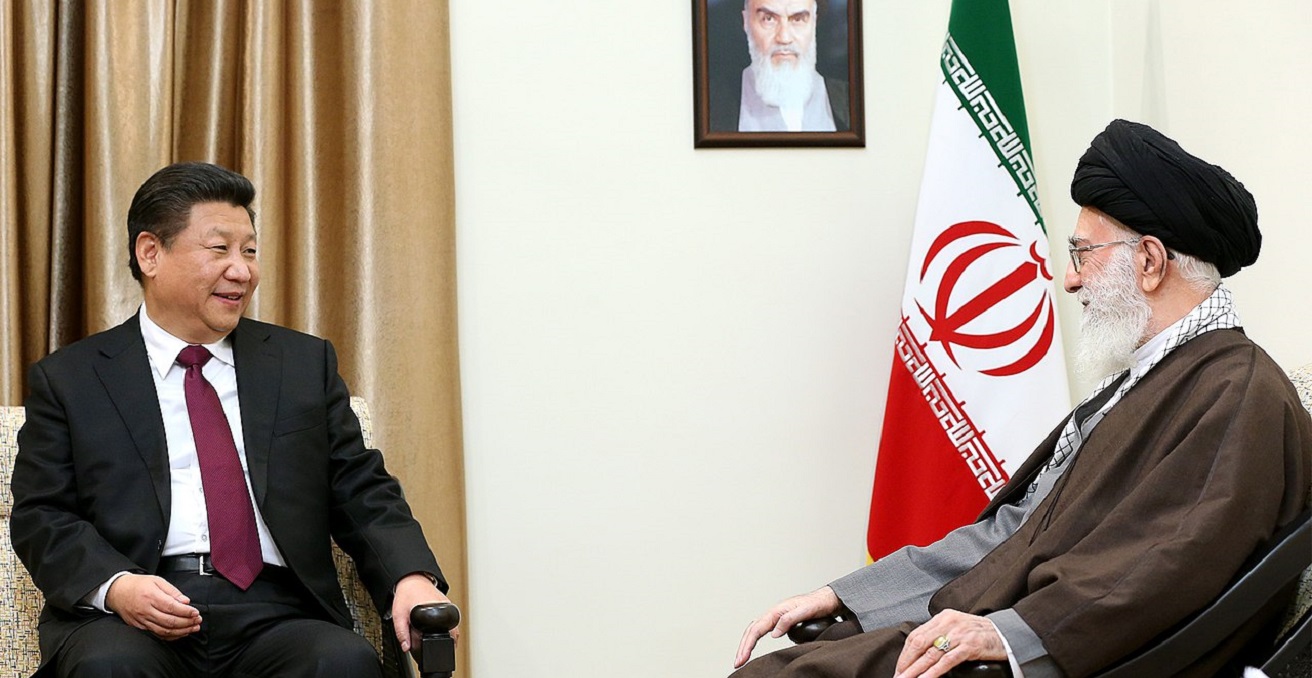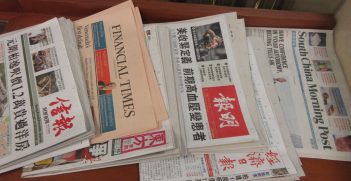China's Growing Role in Middle East Diplomacy: Navigating Regional Tensions

The détente between Saudi Arabia and Iran, brokered by China, underscores a new transformation underway in regional geopolitical relationships. As China navigates the complexities of Middle Eastern politics, it faces new challenges and responsibilities, which may ultimately entangle it in the region’s intricate and seemingly intractable problems.
China has historically pursued a restrained and economically focused presence in the Middle East, steering clear of direct involvement in conflicts and refraining from taking positions on contentious disputes. In this, Beijing has largely benefited from the security provisions offered by the United States, thus evading the security expenses and strategic challenges encountered by Washington. However, China’s successful mediation in the Saudi-Iran normalisation agreement signifies a departure from long-standing policy and demonstrates an expansion of its regional role from economic exchange to innovative diplomatic engagement.
The apparent success of China’s mediation efforts can be attributed to its traditional strategy of balancing relations between Iran and Saudi Arabia. This approach is underpinned by two main pillars: first, China has fostered deep economic, trade, and defense relations with both countries over the years. Second, unlike the United States, China adheres to a policy of non-interference in other states’ internal affairs, thus eliminating sensitivities regarding the internal policies of the regimes in Tehran and Riyadh.
In March 2021, China and Iran signed a comprehensive strategic partnership agreement to deepen their economic and political ties for 25 years. The deal involves Chinese investment in Iran’s oil, gas, and petrochemical sectors, upgrading Iran’s transport and manufacturing infrastructure, and supporting the modernisation of Iran’s military capabilities, including joint military training. Similarly, during President Xi Jinping’s visit to Riyadh in December 2022, Saudi Arabia and China signed numerous agreements aligned with Saudi Vision 2030, a plan to shift the kingdom’s economy away from oil, and encompassing green energy, information technology, cloud services, transportation, and construction. Moreover, as reported in December 2021, China has been assisting Saudi Arabia in the domestic production of ballistic missiles.
Building on these strategic partnerships, the Middle East has increasingly embraced Beijing as a partner of choice, as evidenced by the growing number of trade agreements, infrastructure projects, and investments. China’s trade in the region has surged since the turn of the twenty-first century, becoming the top trading partner for both Iran and Saudi Arabia. In contrast, Middle Eastern trade with the United States has declined. The Middle East represent a cornerstone of China’s Belt and Road Initiative, accounting for 29 percent of BRI investments in 2021.
China’s modus operandi of non-interference appeals to a region that has often criticised the U.S. for its strategic withdrawal and disapproved of failed interventions in Iraq, Libya, and Syria. China’s perceived prioritisation of economic cooperation places it in a stark contrast to the interventionist policies of the United States.
The Saudi-Iran normalisation agreement presents Iran with a chance to break free from its regional and international isolation, offering tangible benefits to its population. Enhanced relations with the Arab world, including Saudi Arabia, would allow Iranian religious travelers easier access to Mecca, fostering cultural and religious ties. In search of economic opportunities beyond Russia and China, Iran might discover more receptive trading partners among the Gulf states, such as Qatar and the UAE.
For Saudi Arabia, the China-brokered agreement marks a daring strategic shift. Relations between Riyadh and Washington have reached a historic low, as the former expresses dissatisfaction with U.S. policy in the region and the latter’s leadership. By building a diverse network of partners, including China, Russia, and the United States, and by fostering improved relations with adversaries such as Iran and Turkey, the Saudi regime aims to secure its long-term stability.
Regionally, the emerging détente has far-reaching implications, particularly for Israel, which perceives Iran’s nuclear program as a direct threat to its security. While the détente may foster increased economic cooperation, it is unlikely to result in any significant change to Iran’s nuclear policy, leaving Israel’s concerns unaddressed. With Saudi Arabia now open to collaborating with Iran, Israel’s options for unilateral military action to prevent Iran’s nuclear development become increasingly constrained. Similarly, United States attempts to establish a cohesive regional coalition focused on containing Iran’s influence and its nuclear program has also been undermined.
As China wrestles with these conflicting interests, its regional strategy of cautious engagement could unintentionally transform into active power balancing. A rising China offers the prospect of a more multipolar Middle East; however, it must also tackle the same obstacles the United States has faced if it aims to bring about significant change in the regional landscape. In either case, China’s growing influence in the Middle East has become an undeniable reality, but its ability to navigate the intricacies of more assertive Middle Eastern powers is highly questionable. China may be unintentionally entangling itself in the Middle East’s complex and intractable challenges.
Dr Anas Iqtait is a lecturer at Australian National University and a non-resident scholar at the Middle East Institute (Washington DC). He is the author Funding and the Quest for Sovereignty in Palestine (Palgrave Macmillan, 2022). Anas is the co-founder and chief editor of the ANU based Near East Policy Forum. Twitter: @AnasIqtait
Nasser Khdour is a political analyst based in Basel, Switzerland, focusing on Palestinian-Israeli dynamics and the Gulf region. Nasser works as a researcher with The Armed Conflict Location & Event Data Project (ACLED). Twitter: @NasserKhdour
This article is published under a Creative Commons License and may be republished with attribution.





